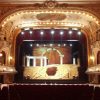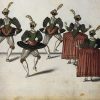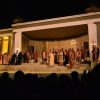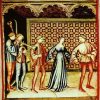Modern Theater – Beginnings, Representatives, Concepts
What is the Teatro Moderno? In the Modern Theater the stages are often very large and can hold many people. The stage is placed in the center with the audience usually in front and to the sides, but rarely behind. Some theaters, for example, the Cockpit theater in London is what they call a round… read more »










